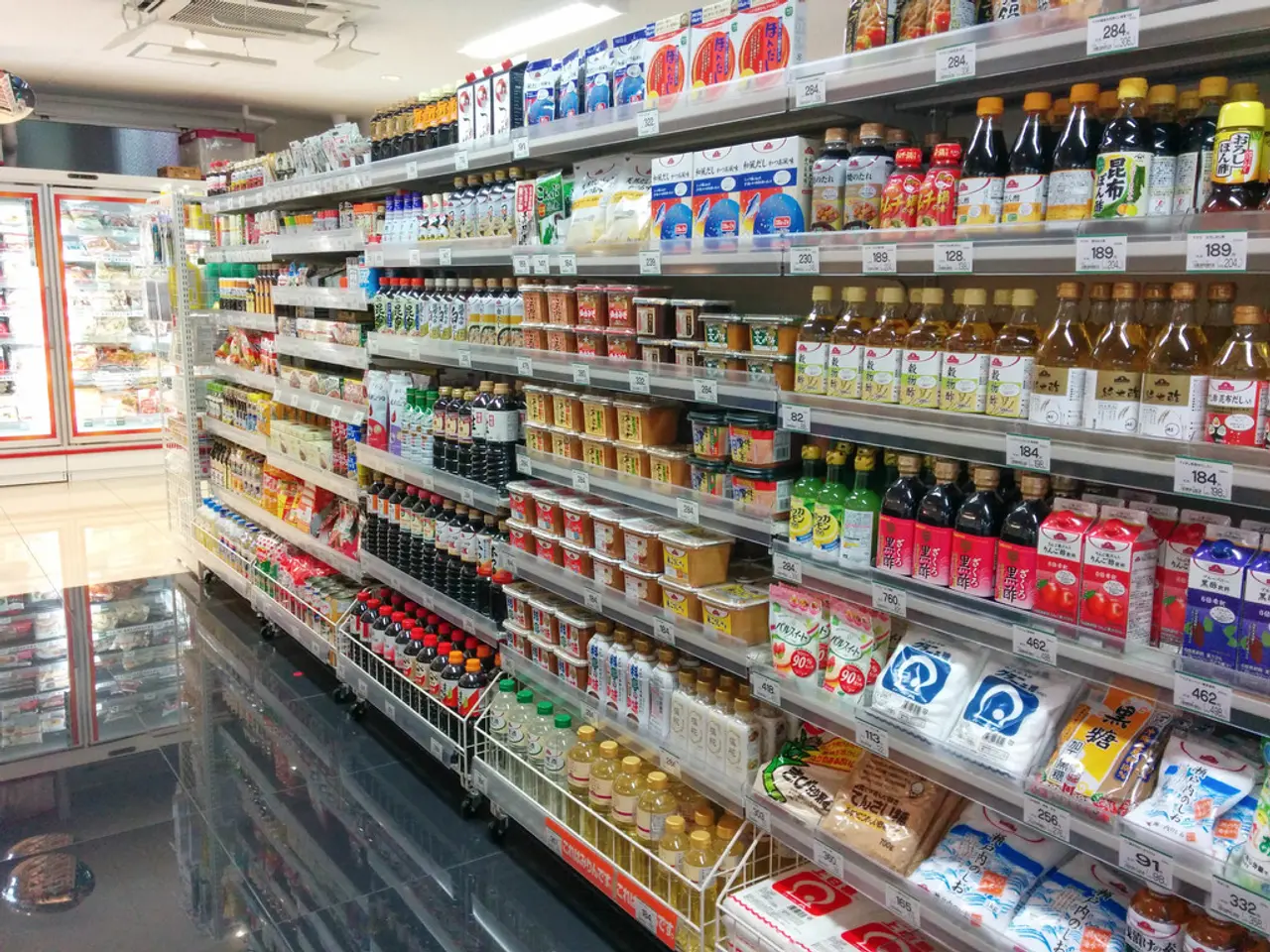University of Osnabrück Research: Catering Sector Faces Significant Hurdles Due to Multiple Crises
The catering industry in Lower Saxony is grappling with a series of challenges, as revealed by a study conducted by the University of Osnabrück. The simultaneous impact of multiple crises, including the COVID-19 pandemic, Russia's attack on Ukraine, energy crisis, inflation, and staff shortages, has made it difficult for businesses to implement effective measures.
According to the study, nearly 40% of catering businesses in Lower Saxony feel threatened by these crises, with 44.7% considering themselves weakened by their most severe crisis to date. However, the study also found that many businesses have shown resilience and the ability to adapt to crises.
The research, titled "Organizational Resilience in the COVID-19 Pandemic," recommends the expansion of consulting and funding offers, digitalization in business processes, and the strengthening of networking within the industry and external actors such as city administration, politics, and economic development. The data basis of the project consists of two quantitative online surveys and 83 qualitative interviews.
During the COVID-19 pandemic, networks among caterers have proven crucial for mutual support and knowledge exchange. Catering businesses have responded to crises with measures like cost reduction, efficiency improvements, personnel savings, price increases, and switching or diversifying offerings.
Prof. Dr. Martin Franz, Dr. Philip Verfürth, and Dr. Thomas Neise from the Institute of Geography at the University of Osnabrück are part of the research team. They found that while state support programs, short-time work, and drawing on reserves helped many businesses survive the COVID-19 crisis, the ongoing crises and challenges often do not allow for lasting and sustainable strategic adjustments.
Beyond the mentioned crises, businesses are also facing bureaucratic requirements, high operating costs, stagnant turnover or low margins, partly due to decreasing consumer and nightlife activity. The polycrisis situation in the industry leads to high uncertainty and unpredictability regarding the future.
Local politics and municipal administrations have often realized the importance of the gastronomy sector for the social and economic life of cities during the COVID-19 crisis. Around 20% of the businesses have not perceived any changes due to the crises, while 35.7% believe that their businesses have emerged stronger from the crises.
The identities of the 83 interview partners from 2018 to 2025 in the project are not publicly disclosed in the available search results. For further information about the project, Prof. Dr. Martin Franz can provide additional insights.
Read also:
- Peptide YY (PYY): Exploring its Role in Appetite Suppression, Intestinal Health, and Cognitive Links
- Toddler Health: Rotavirus Signs, Origins, and Potential Complications
- Digestive issues and heart discomfort: Root causes and associated health conditions
- House Infernos: Deadly Hazards Surpassing the Flames








